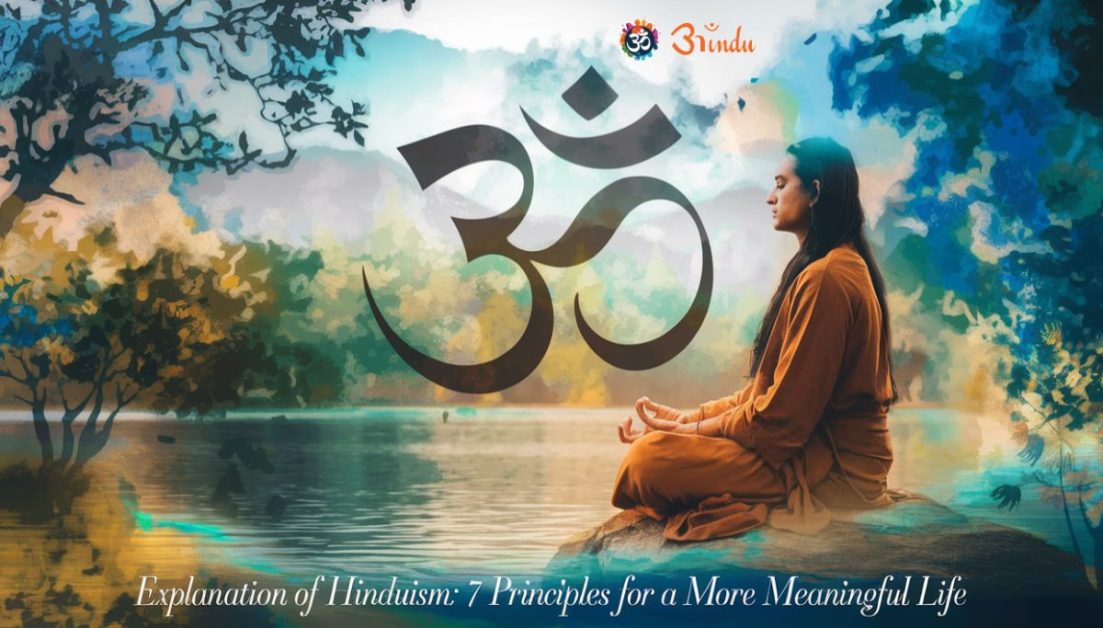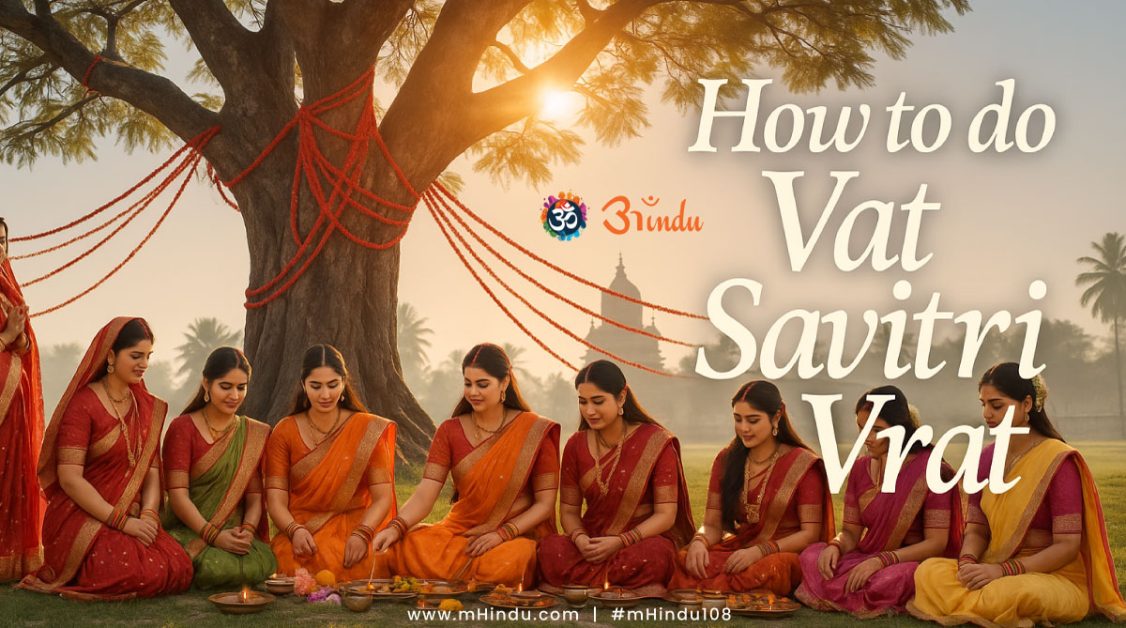
In a world often filled with chaos and uncertainty, many seek a path to a more meaningful existence. Explanation of Hinduism, one of the world’s oldest religions, offers profound principles that can guide us toward a life of purpose, balance, and fulfillment. This blog post explores seven such principles, offering insights into how they can enrich our lives.
Explore Blog Content
ToggleHinduism: A Path to Meaning
Hinduism, with its rich tapestry of philosophy, mythology, and practices, provides a framework for understanding our place in the universe and living a life of dharma (righteousness). An explanation of Hinduism often begins with its core values, which provide a compass for navigating life’s complexities.
"The mind is everything. What you think you become."Buddha
7 Principles for a Meaningful Life (Hinduism)
These seven principles, deeply rooted in Hindu tradition, can serve as guiding lights on our journey:
- Dharma (Righteousness): Dharma is more than just duty; it’s the inherent nature of things, the cosmic order that sustains the universe. Living in accordance with dharma means fulfilling our responsibilities, acting ethically, and contributing to the well-being of society. It’s about aligning our actions with our true purpose.
- Karma (Action and Consequence): The law of karma teaches us that every action, thought, and word has consequences. Understanding this principle encourages us to be mindful of our choices and to act with compassion and integrity. It emphasizes personal responsibility for our actions.
- Reincarnation (Samsara): The cycle of birth, death, and rebirth (samsara) is a core belief in Hinduism. It suggests that our soul (atman) is eternal and continues its journey through multiple lifetimes, learning and evolving through experiences. This offers a broader perspective on life and its challenges.
- Moksha (Liberation): Moksha is the ultimate goal in Hinduism – liberation from the cycle of samsara. It is achieved through self-realization, understanding our true nature, and uniting with the divine. It represents the highest state of freedom and bliss.
- Atman (The Self): The atman is the individual soul, the spark of the divine within each of us. Understanding the atman is key to self-discovery and realizing our connection to the ultimate reality (Brahman). It emphasizes the inherent divinity within all beings.
- Brahman (The Ultimate Reality): Brahman is the ultimate, unchanging reality, the source of all creation. It is the ground of all being, the absolute truth. Understanding Brahman is the ultimate goal of spiritual inquiry.
- Yoga (Union): Yoga is a broad term encompassing various physical, mental, and spiritual practices aimed at uniting the individual self with the divine. It’s a pathway to self-realization and liberation. It emphasizes the interconnectedness of mind, body, and spirit.
Applying These Principles in Daily Life
These principles are not just abstract concepts; they are meant to be lived and practiced in our daily lives. By striving to live in accordance with dharma, understanding the law of karma, and seeking self-realization, we can create a more meaningful and fulfilling existence.
"Truth is one, but the wise call it by many names."Rigveda
Hinduism: A Timeless Wisdom
The teachings of Hinduism offer a timeless wisdom that is relevant even in today’s world. By understanding these core principles, we can find greater peace, purpose, and happiness in our lives.
Conclusion
An explanation of Hinduism reveals a profound path to a more meaningful life. By embracing these seven principles, we can cultivate inner peace, strengthen our relationships, and contribute to a more harmonious world.
FAQs Section
- What is the meaning of Dharma?
Dharma refers to righteousness, duty, and the natural order of the universe. It involves acting ethically and fulfilling our responsibilities. - How does Karma work?
Karma is the law of cause and effect. Every action, thought, and word has consequences that will eventually return to us. - What is Reincarnation?
Reincarnation is the cycle of birth, death, and rebirth, where the soul continues its journey through multiple lifetimes. - What is Moksha?
Moksha is liberation from the cycle of rebirth and union with the divine. It is the ultimate goal in Hinduism. - What is the Atman?
The Atman is the individual soul, the spark of the divine within each of us. - What is Brahman?
Brahman is the ultimate reality, the source of all creation, the absolute truth. - What is Yoga in the context of Hinduism?
Yoga is a set of physical, mental, and spiritual practices aimed at uniting the individual self with the divine. - How can these principles help me in my daily life?
These principles offer guidance for ethical living, self-reflection, and spiritual growth, leading to a more meaningful and fulfilling life.







